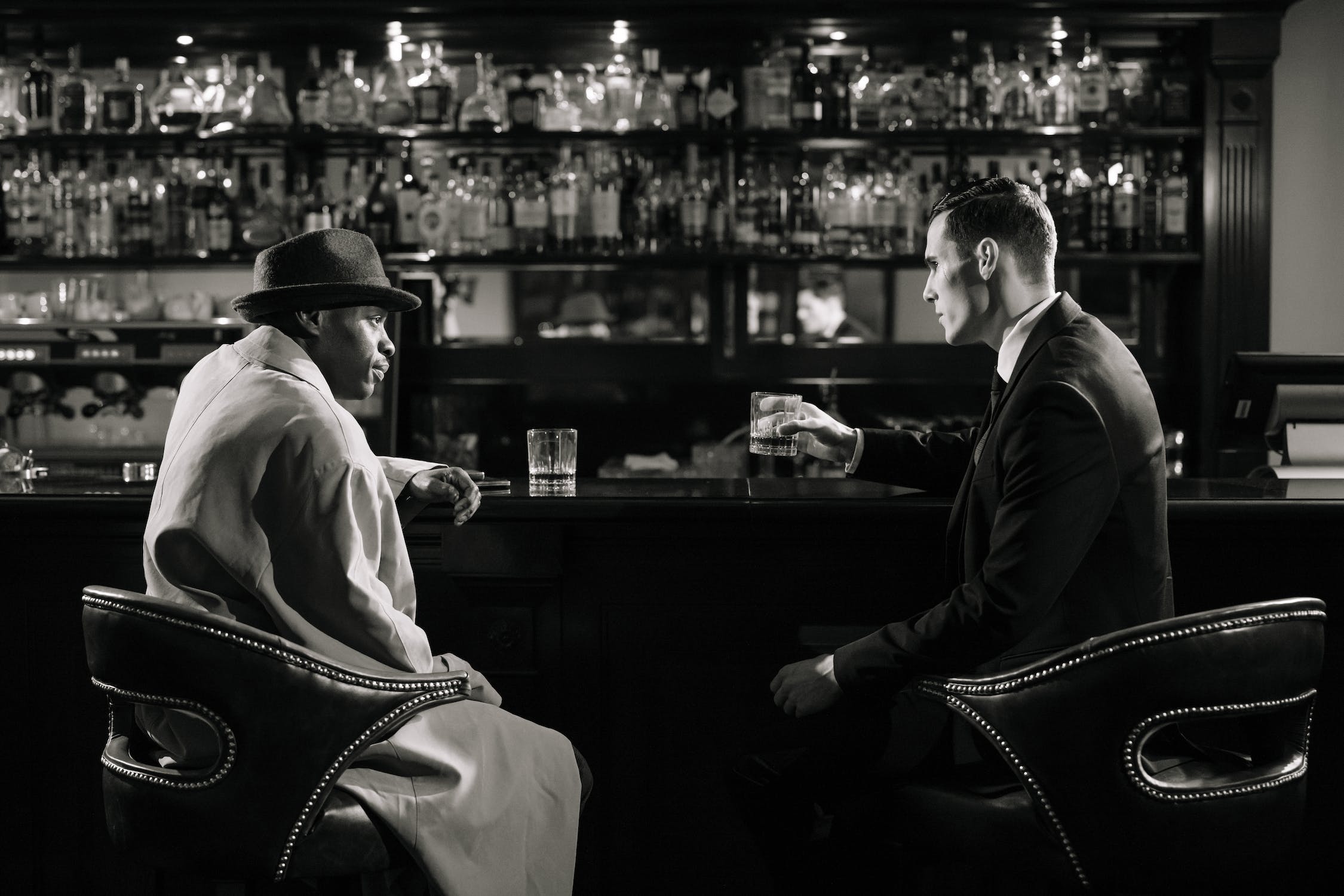Entertainment has the power to transport us to new worlds, broaden our perspectives, and inspire us in countless ways. But what happens when those stories only represent a narrow slice of society? The importance of diversity in entertainment cannot be overstated. From film and television to music and literature, it’s crucial that we see ourselves reflected on screen and page. In this blog post, we’ll explore why representation matters, the challenges facing diverse storytellers today, and how we can all work towards creating more inclusive narratives. So grab your popcorn or book (or both!), settle in, and let’s dive into the role of diversity in entertainment!
Introduction and Overview of Representation in Entertainment
Entertainment plays a significant role in shaping the cultural landscape and perceptions of society. The need for diverse and representative stories has never been more important, as the entertainment industry has a unique ability to reach a large audience and influence public opinion.
The representation of minorities in entertainment has often been inadequate, leading to a lack of understanding and empathy for these groups. In recent years, there has been an increased effort to create more inclusive and representative stories, with a focus on accurate portrayal and positive representation.
While there is still room for improvement, the increasing diversity in entertainment is a step in the right direction. It is important to continue this trend in order to ensure that everyone can see themselves reflected in the stories being told.
Impact of Inclusive Castings on Audiences
It is no secret that the entertainment industry has been historically white and male-dominated. This lack of diversity has been slowly but surely changing in recent years, with a greater push for inclusion and representation across all forms of media. One way this is being achieved is through more diverse casting, which can have a profound impact on audiences.
Inclusive castings help to normalize underrepresented groups and provide visibility for those who are often ignored or marginalized. This can be particularly meaningful for young people who may not see themselves reflected in the media they consume. When they do see people like them represented on screen, it can help them feel seen and valued. It can also inspire them to pursue their own dreams, knowing that they too can one day be represented in the entertainment industry.
Inclusive castings can also help to challenge stereotypes and misconceptions about underrepresented groups. By humanizing these groups on screen, audiences are given a more nuanced and realistic view of them, which can lead to greater understanding and empathy. This is especially important when it comes to stories about marginalized communities that are often misrepresented or vilified in the media.
How Storytelling Can Contribute to Diversity
In recent years, Hollywood has been under fire for a lack of diversity both on and off screen. Critics have argued that the industry is failing to represent minorities, women, and other groups that are not white and male. This lack of representation can have a negative impact on how these groups are seen by the wider public.
Strategies for Increasing Diversity Representation in Entertainment
In recent years, Hollywood has come under fire for its lack of diversity both on and off screen. This has led to a renewed focus on creating more inclusive and representative stories in entertainment. There are a number of strategies that can be used to increase diverse representation in entertainment.
One strategy is to create characters that are specifically designed to be diverse. This can be done by ensuring that a wide range of voices are represented in the creative process, from writers and directors to actors and producers. Another strategy is to make use of existing diversity initiatives, such as the ABC Diversity Showcase and the NBCUniversal Short Film Festival, which provide opportunities for underrepresented groups to get their work seen by industry professionals.
The Role of Platforms and Networks in Supporting Diversity Representation
As our society becomes more diverse, it is important that the entertainment industry evolves to reflect these changes. One way to do this is by creating platforms and networks that support diverse representation. This can be done by featuring stories and characters from a variety of backgrounds, and by ensuring that these stories are told in an inclusive and representative way.
One example of a platform that supports diverse representation is HBO Max’s “Equal” initiative, which aims to create content that tells the stories of LGBTQIA+ people throughout history. This initiative includes a wide range of programming, from documentaries to scripted series. By featuring these stories, HBO Max is helping to create a more inclusive and representative entertainment landscape.
It’s not just major networks and platforms that can support diverse representation – smaller ones can as well. For example, Brown Girls Doc Mafia is a network of women of color who work in documentary filmmaking. The organization provides resources, networking opportunities, and mentorship to help its members succeed in the industry. By amplifying the voices of underrepresented filmmakers, Brown Girls Doc Mafia is helping to create a more diverse and representative film industry.
Reviewing the Benefits oc Representation In Diversity Entertainment
As our society becomes more diverse, it is important that the entertainment industry catches up. Diverse representation helps everyone feel seen and included, and can have a positive impact on society as a whole. Here are just a few of the benefits of having diverse representation in entertainment:
1. It allows for more accurate storytelling.
When the people telling stories come from a variety of backgrounds, they are able to bring their own experiences and perspectives to the table. This results in more accurate and representative storytelling. Additionally, it ensures that different voices are heard and that stories are not one-sided.
2. It creates role models for underrepresented groups.
Seeing someone who looks like you on TV or in movies can be incredibly powerful, especially for young people. It gives them someone to look up to and aspire to be like. Diverse representation also normalizes difference, which can help reduce prejudice and hate.
3. It boosts ratings and ticket sales.
Studies have shown that films and TV shows with diverse casts tend to perform better than those without diversity. In fact, films with female leads earn significantly more at the box office than those with male leads.
Conclusion
The entertainment industry has an important role to play in promoting diversity and creating inclusive, representative stories. By recognizing the valuable contributions of all members of society, we can ensure that everyone is seen and heard. From diverse casting decisions to storylines that reflect real-life experiences, there are many ways for creators and producers to foster a more equitable media landscape.










